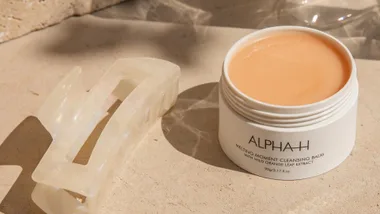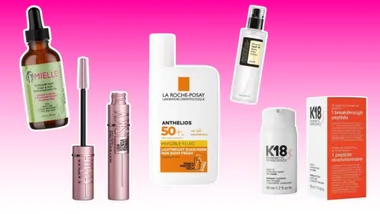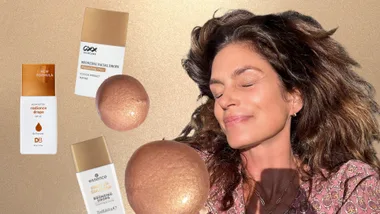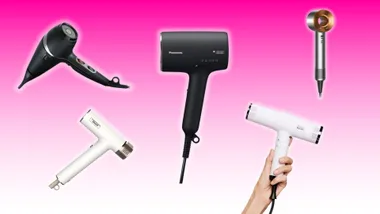If you’re confused by the viral social media videos of women shaving their faces with tiny precision razors, then you’re not alone.
Plenty of people have to idea what dermaplaning is the first time they encounter the beauty trend on Instagram, usually in the form of a how-to video.
The treatment involves delicately shaving your face to remove dead skin, tiny hairs and create a more youthful, glowing look.
And it’s endorsed by local celebs and TV icons – even Married At First Sight stars like Tracey Jewel and Lizzie Sobinoff swear by the practice for their smooth, flawless skin.
But what are the risks, how effective is it and what do you need to know before trying it out at home?
We’ve investigated the new dermaplaning beauty trend to give you all the answers.

Tracey Jewel from MAFS swears by at-home dermaplaning.
(Instagram)What is dermaplaning?
Traditionally, dermaplaning was a cosmetic procedure designed to remove dead skin and hair from your face.
A dermatologist or trained aesthetician runs a very fine, painless razor across the surface of your skin to remove the topmost layers of skin, fine hairs and other imperfections.
The treatment has zero down time and can help with everything from acne scarring to fine lines and wrinkles, as well as unwanted facial hair.
The goal is to leave you with soft, smooth and youthful looking skin after a session, with results typically last for about three weeks.
It was first offered at spas and beauty clinics, but in recent years the beauty trend has started to become a bit of an at-home staple.
Is dermaplaning safe?
Like any cosmetic treatment, there are pros and cons to dermaplaning.
Some of the biggest risks are scarring and infection, which can occur when the treatment isn’t performed properly.
Unqualified practitioners (and yes, that includes you if you try this at home) can accidentally cut the skin while dermaplaning.
That can lead to scarring, as well as infection if bacteria gets into the cuts.
Some people may also experience facial hair growing back thicker, especially people with polycystic ovary syndrome (PCOS).
It’s also not recommended for people with serious acne, as dermaplaning can contribute to the spread of acne-causing bacteria and worsen the condition of your skin.
Do you need a special razor?
Yes! Professionals typically use sharp straight-edged razors or tiny surgical scalpels to carry out the treatment.
At home, it can be done with a really fine exfoliating blade designed for use on the face – that last part is super important.
Classic razors you find at the store for shaving legs, armpits and other body parts are not designed for dermaplaning and shouldn’t be used if you try to perform the treatment at home.
Should I try dermaplaning at home?
We suggest leaving this one to the professionals, but that’s not an option for those of us in lockdown.
If you’re planning to try dermaplaning at home, make sure you’re educated and have the right tools first.
Start with a high-quality dermaplaning tool and a good cleanser to remove any oils or products from your skin before you start the process.
Make sure your skin is dry, then follow the steps below carefully and gently.
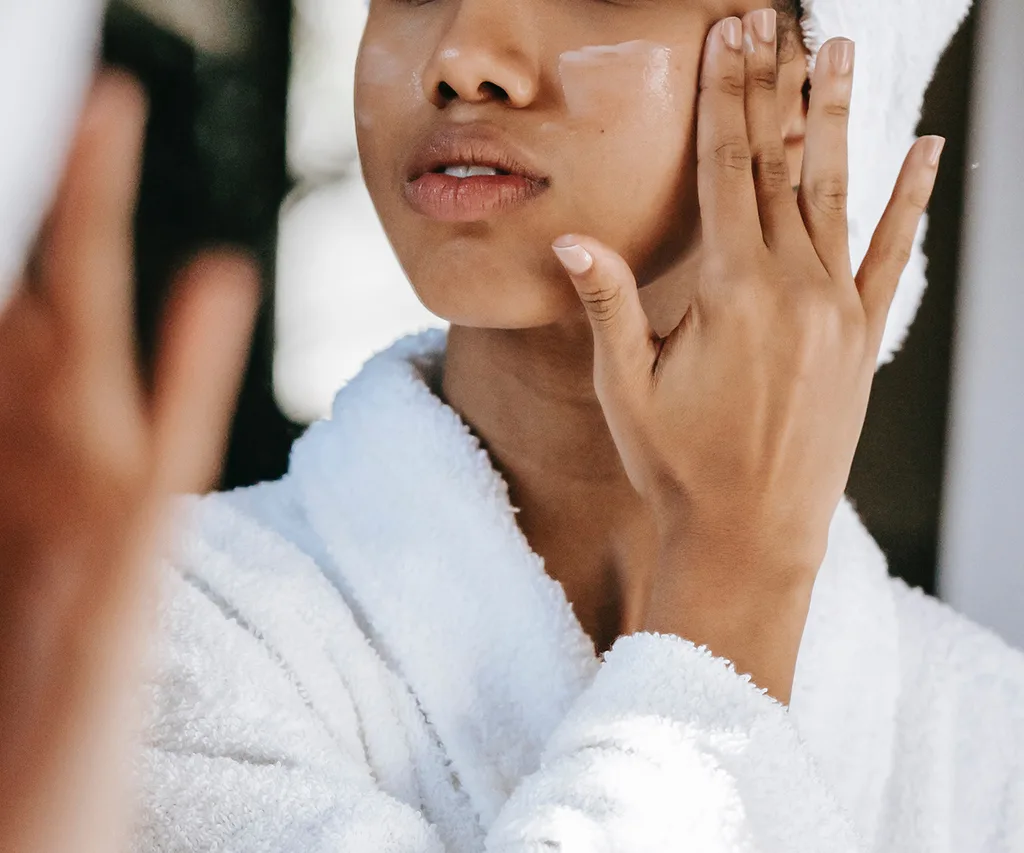
Dermaplaning helps your skin look softer and more youthful.
(Pexels)Start by thoroughly cleansing and drying your face.
With your blade in one hand, place it at the edge of your jawline and hold your skin taught with the other hand.
Using short, feathery motions, gently stroke the dermaplaning tool upward across your skin.
Carefully continue these strokes across your jawline and cheek, then repeat on the other side.
Repeat this process of short, gentle strokes over your upper lip, chin, nose, forehead, and neck. Don’t go back over any skin you’ve already done.
After you’re finished, rinse off any excess skin and hair and apply a hydrating moisturiser.
Generally, you’ll want to repeat this process anywhere from once a week to once a month depending on your skin and desired results.
Shop these products to get started with at-home dermaplaning
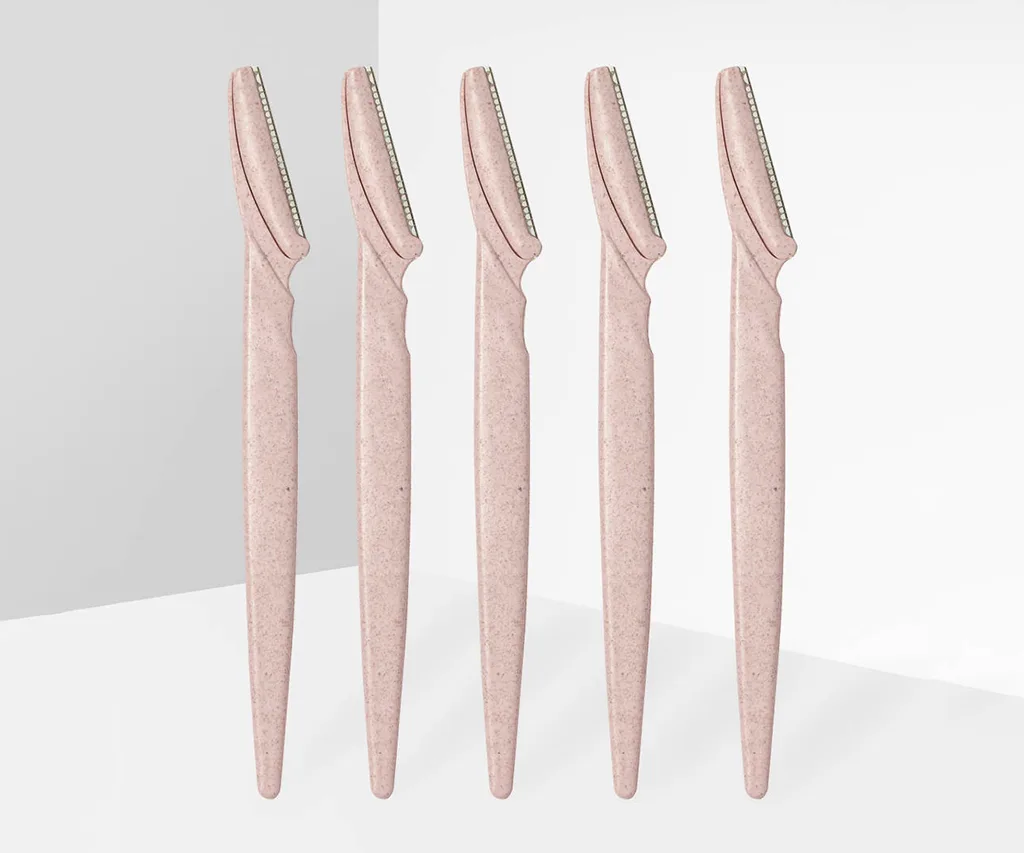
Kitsch Eco-friendly Dermaplaners pack of 12 for $12.75 are a cheap and easy option.
(Beauty Bay)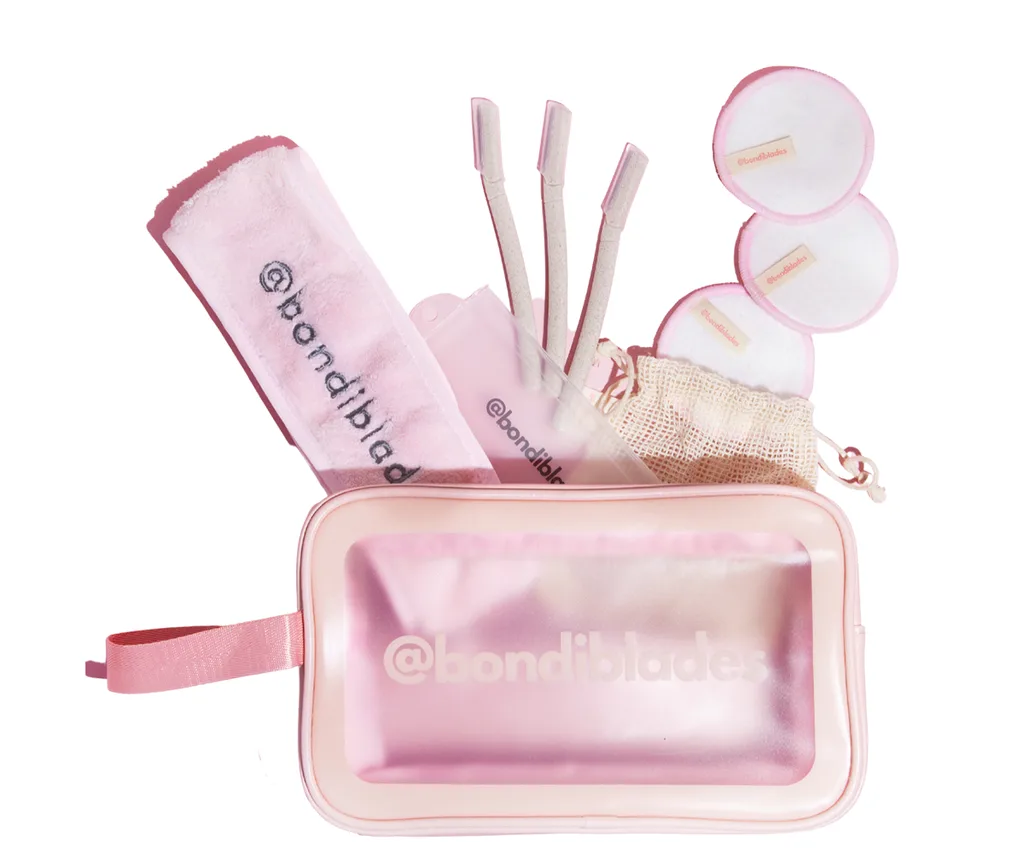
Bondi Blades Dermaplaning Gift Set for $54.95 has everything you’ll need to get started.
(Bondi Blades)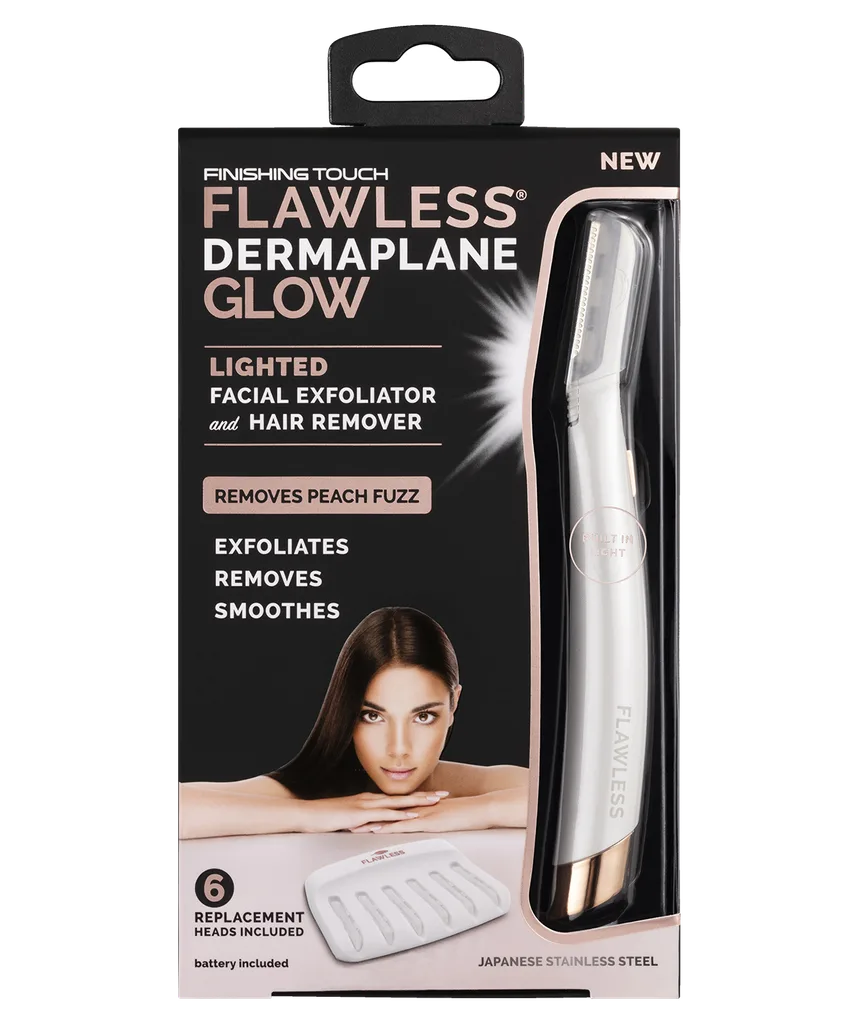
Finishing Touch Flawless Dermaplane Glow for $24.99 was just voted one of the 2022 Product of the Year winners!
(Supplied)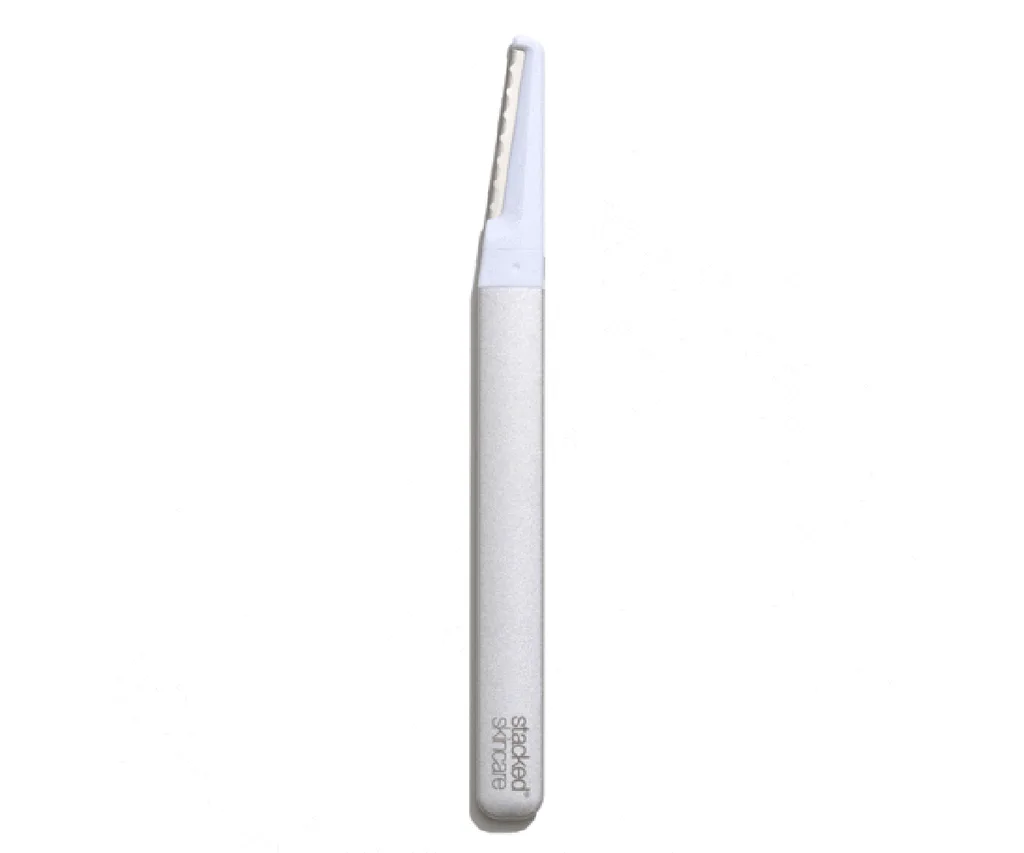
Stacked Skincare Dermaplaning Exfoliation Tool for $125 is a more sustainable option where you just swap out the blades.
(Stacked SKincare)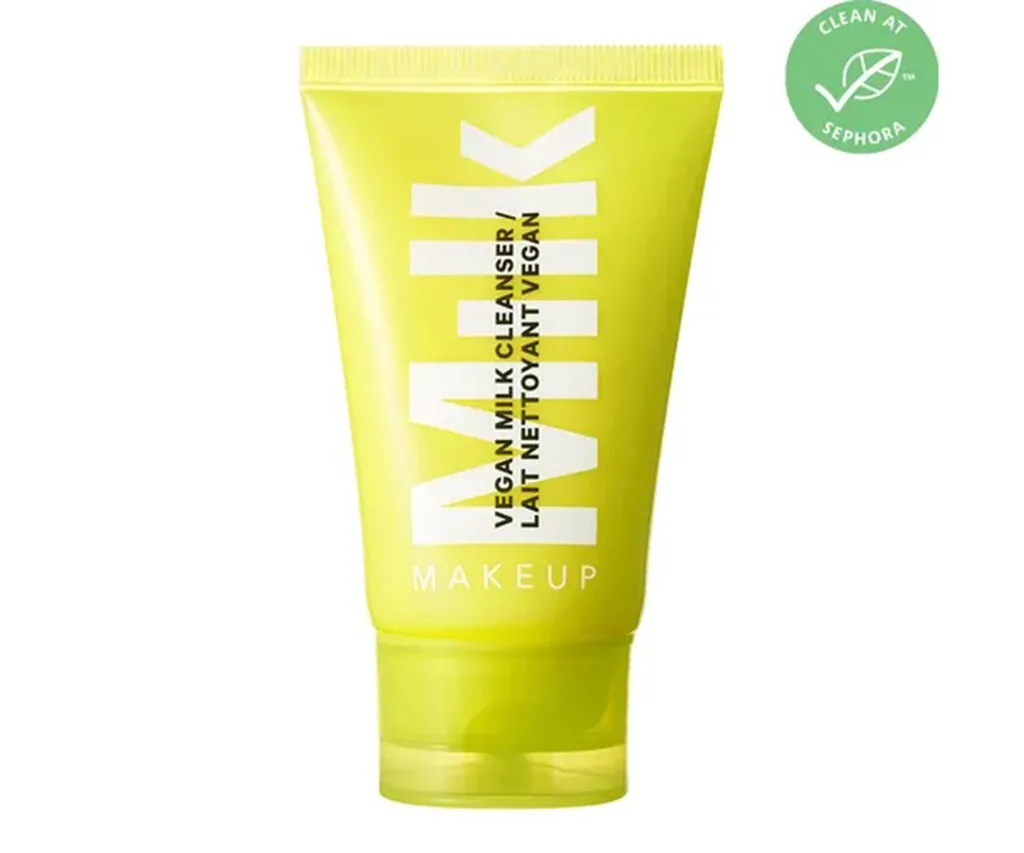
Milk Makeup Vegan Milk Cleanser 59ml for $23 is a vegan option to cleanse with before dermaplaning.
(Sephora)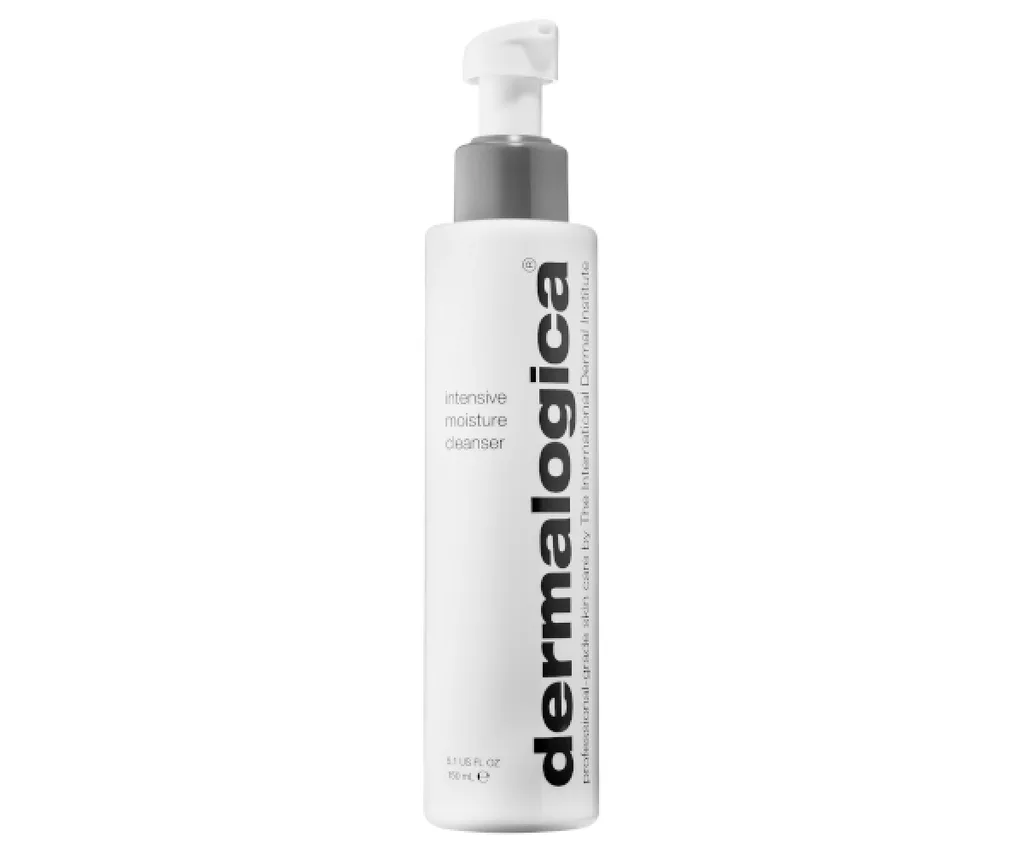
Dermalogica Intensive Moisture Cleanser 150ml for $54.56 to cleanse before dermaplaning.
(Sephora)This article originally appeared on our sister site, Girlfriend.





